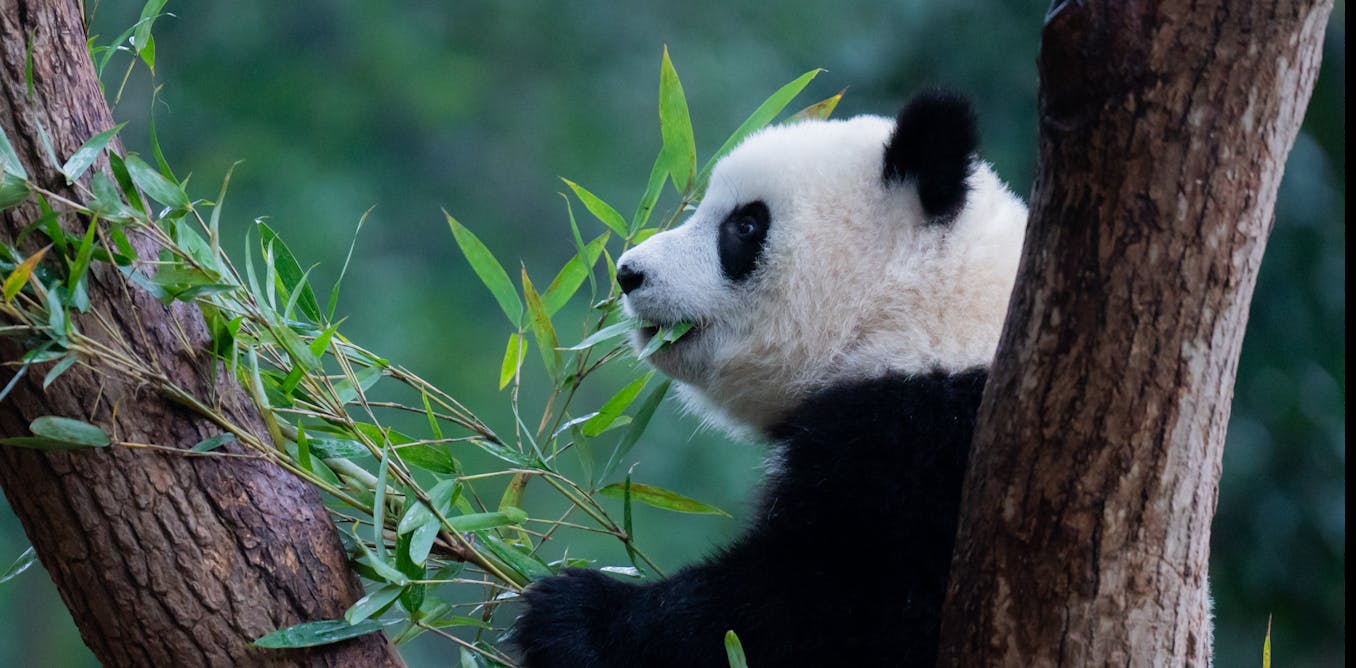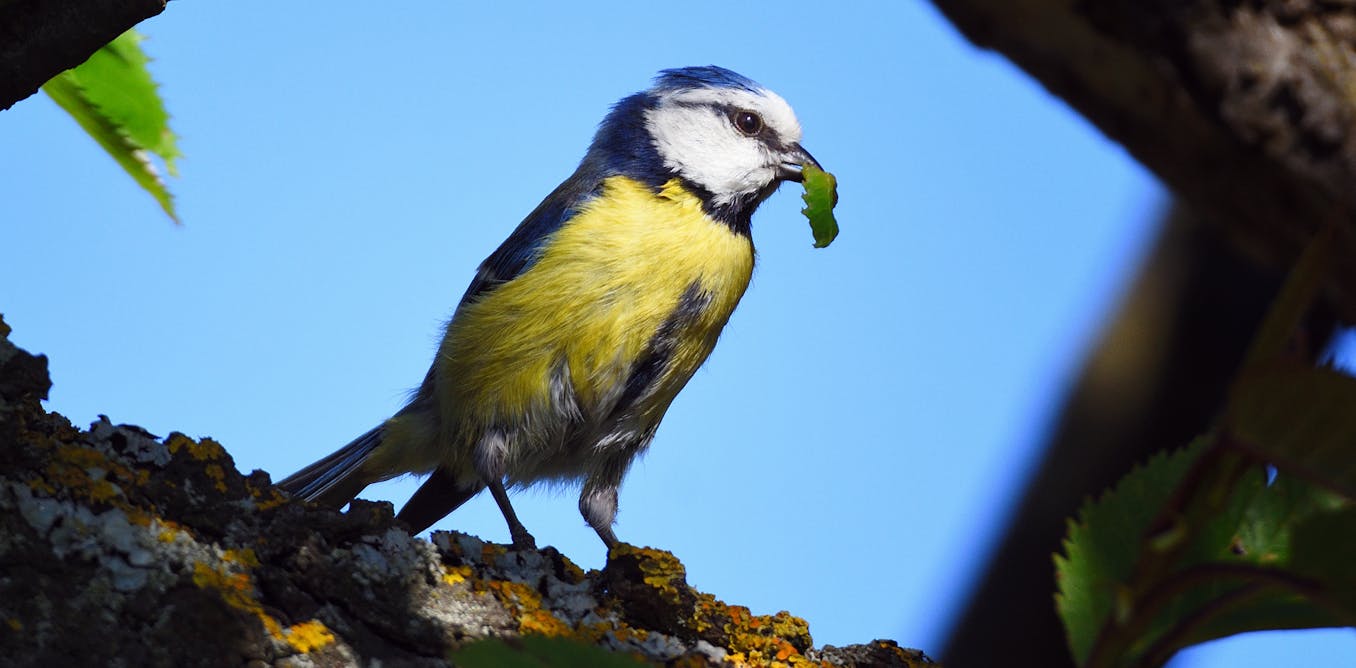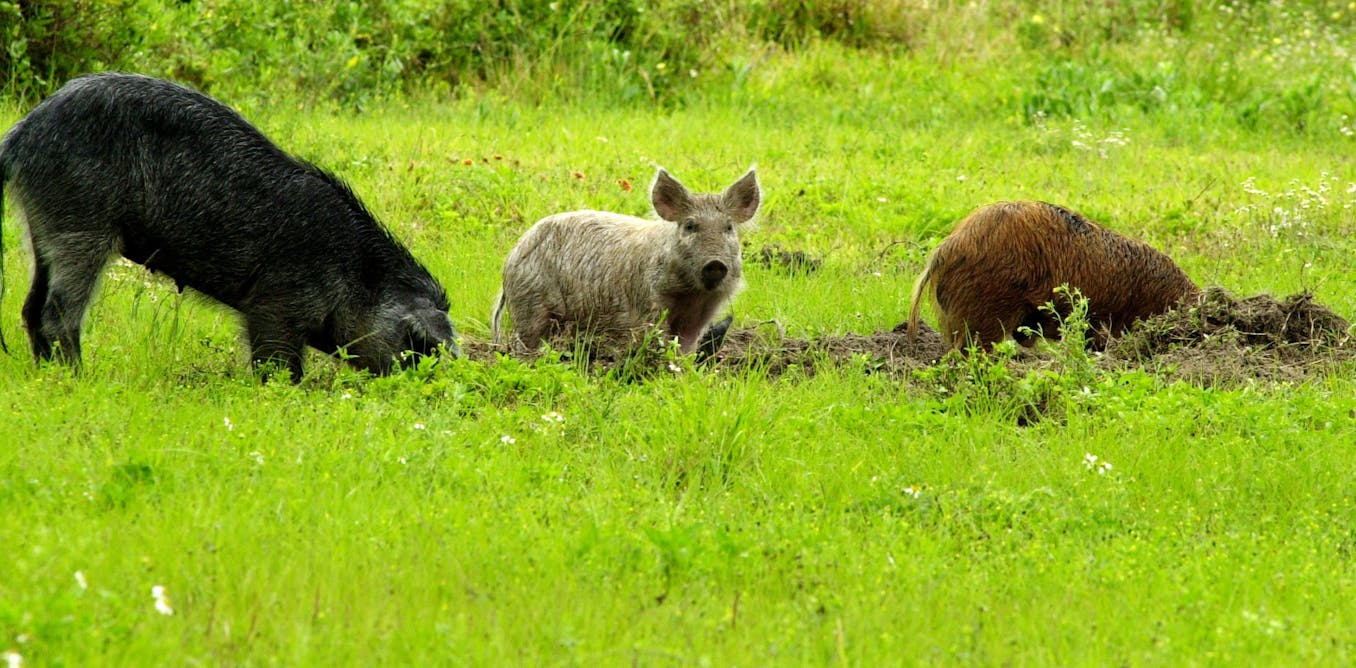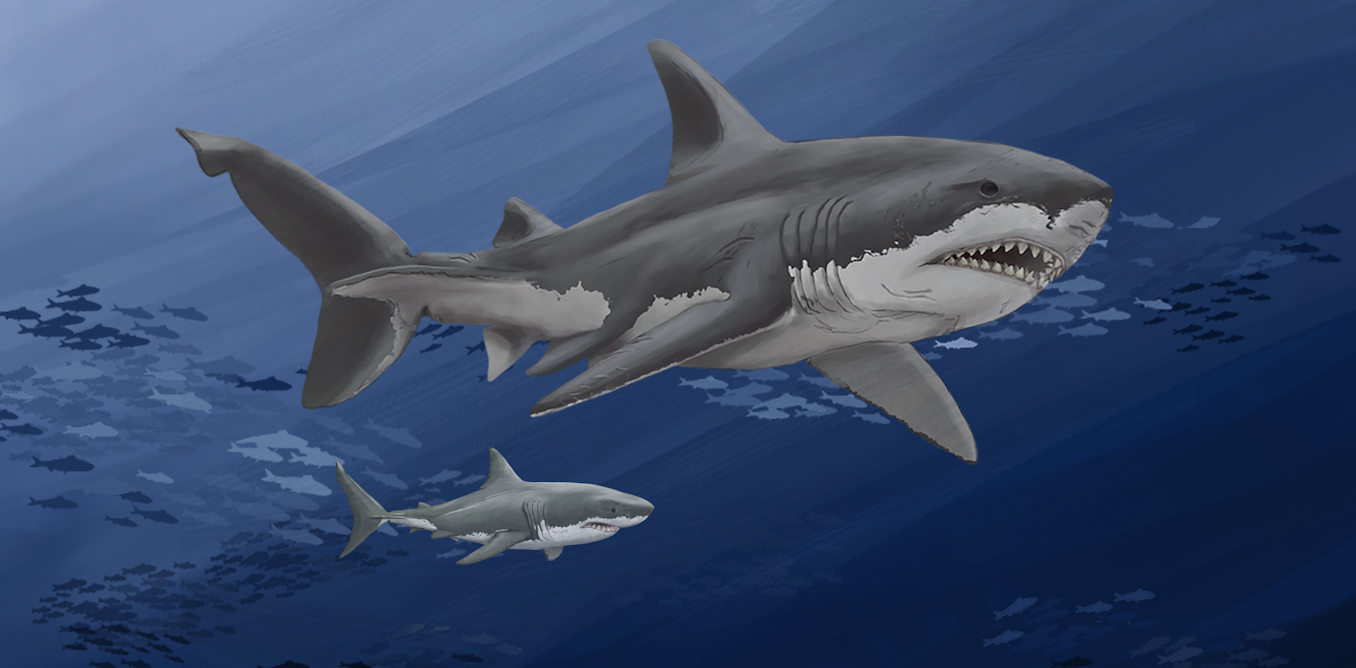Climate change is making plants less nutritious − that could already be hurting animals that are grazers
Rising carbon dioxide levels in the air are making plants grow larger and faster, but diluting their nutritional content. This could threaten the health of herbivores worldwide.
Dec. 20, 2024 • ~9 min









